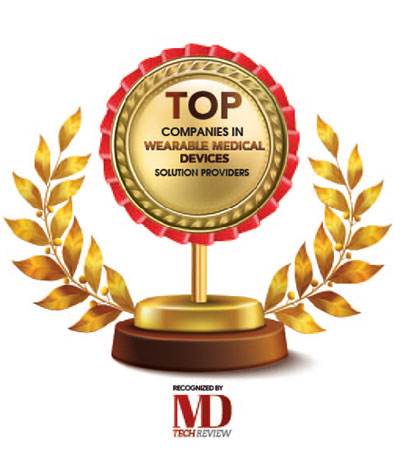Since health information providers understand how busy medical offices are, a growing number of healthcare software systems now allow patients to schedule appointments online instead of calling the office.
Fremont, CA: Patient involvement is one of the most significant factors in enhancing a patient's well-being. Patients who are more engaged are more capable of making decisions about their treatment. Patients involved in their care are more likely to monitor their symptoms, disclose concerns early, and adhere to treatment guidelines, resulting in better patient outcomes.
Here are four important features in patient engagement software:
Patients should be able to see and understand billing invoices on a good healthcare website. Patients are more likely to use a patient engagement software package that combines all of these features than if they have to handle several healthcare management systems. Patients should be able to keep track of their treatment costs, insurance benefits, and paid and unpaid medical bills with the help of an effective website. Many practices benefit from such services because they increase revenue collection.
Appointment Scheduling
Since health information providers understand how busy medical offices are, a growing number of healthcare software systems now allow patients to schedule appointments online instead of calling the office. Rather than answering the phone, office workers should concentrate on handling paperwork and patient flow into the office. Moreover, patients appreciate not having to wait to talk with staff and have the flexibility to choose from various days and times. A good healthcare platform should make it easy for patients to differentiate between available and unavailable hours, and the selection process for a time should be simple.
Accessible Online Or With A Phone App
Patients may use some of the most powerful healthcare software systems through a safe app on their phones. Patients value the convenience of communicating with records both at home and on their mobile devices, and many younger patients are slightly more likely to engage with medical software services that are mobile device friendly.
Appointment Summaries and Records
Health information technology providers have equipped physicians with various clinical documentation software as part of the transition to electronic records. These medical software systems will upload a doctor's notes to patient portals for analysis by the patients. On the other hand, healthcare IT software providers provide ways to sync this data with patient experience software so that a patient can easily view summaries of their doctor's visit while still scheduling a follow-up appointment or reviewing the cost of lab tests, all from the same health management system.




